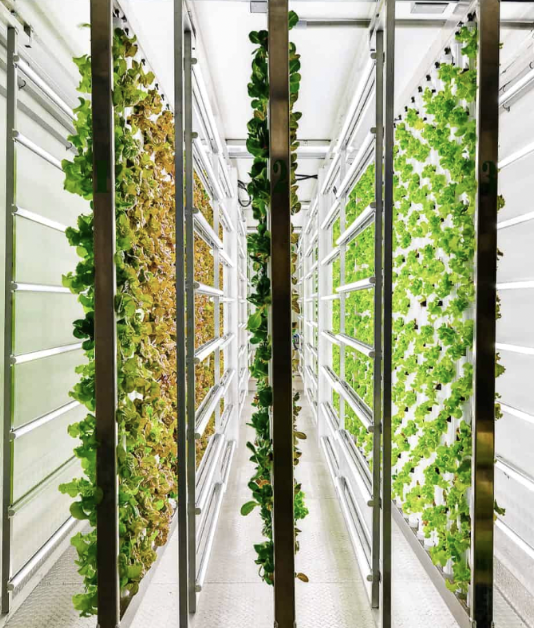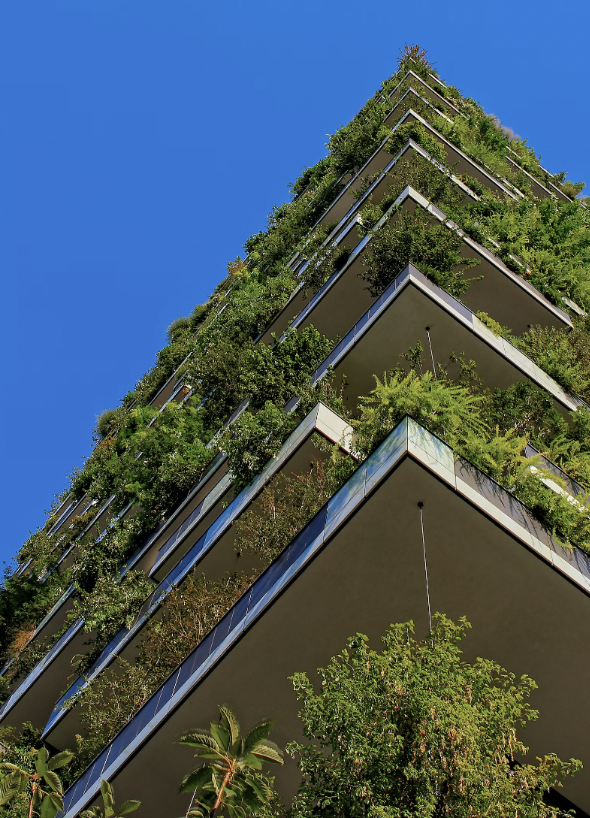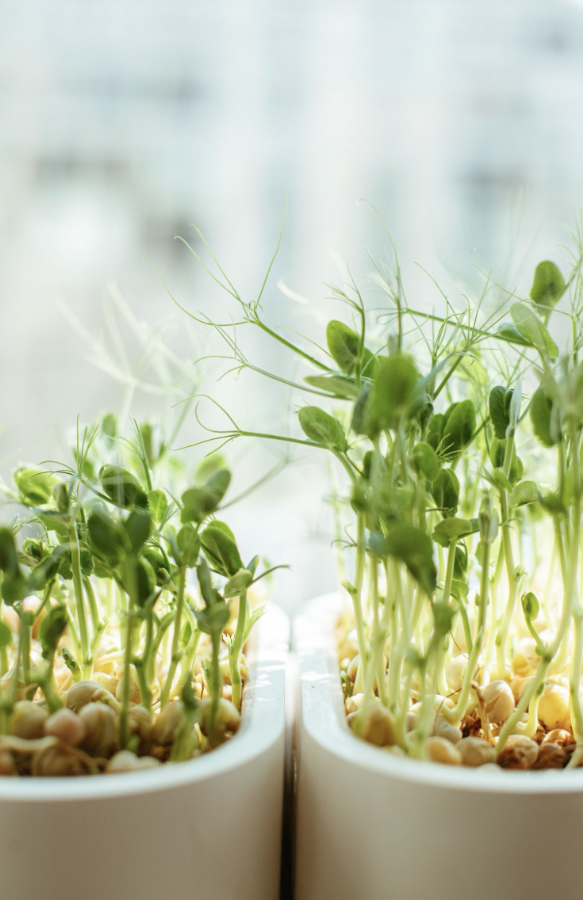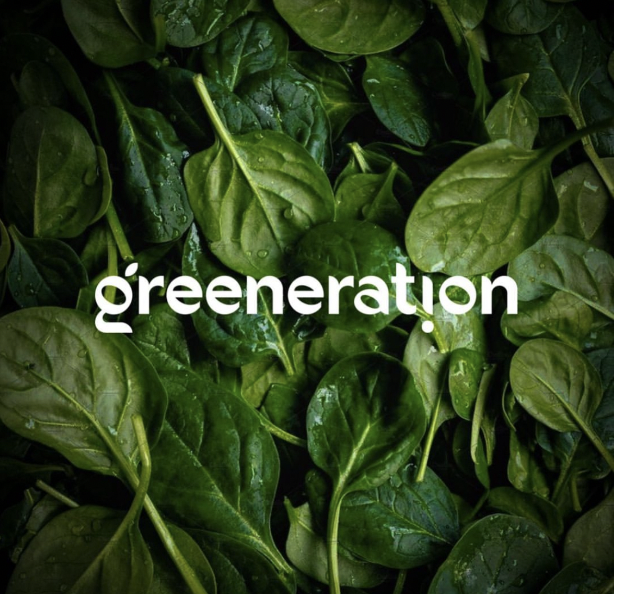Cultivating the Future: Vertical Farming in the UAE
In recent years, the United Arab Emirates (UAE) has been at the forefront of innovative and sustainable agricultural practices, seeking to overcome the challenges of arid desert landscapes and water scarcity. One of the most promising solutions that has gained traction in the region is vertical farming. This cutting-edge approach to agriculture holds the potential to revolutionize food production, reduce environmental impact, and ensure food security in the face of growing global challenges. This comprehensive article explores the rise of vertical farming in the UAE, its benefits, challenges, and the remarkable contributions of Greeneration, an organization that has embraced the principles of vertical farming to contribute to the sustainable development of agriculture.
The Rise of Vertical Farming in the UAE
- Challenges of Traditional Agriculture in the UAE
- The Concept of Vertical Farming
- Technological Advancements in Vertical Farming
- Hydroponics and Aeroponics in the Desert

Benefits of Vertical Farming in the UAE
- Water Efficiency
- Year-Round Production
- Space Utilization and Urban Farming
- Reduced Environmental Impact

Challenges in Implementing Vertical Farming in the UAE

- High Initial InvestmentThe implementation of vertical farming requires significant initial investment in infrastructure, technology, and skilled manpower. While the long-term benefits are substantial, this financial barrier can be a challenge for entrepreneurs and traditional farmers looking to transition to vertical farming.
- Energy ConsumptionThe controlled environment in vertical farms necessitates constant monitoring and regulation of various factors, leading to high energy consumption. In a region where energy resources are primarily derived from non-renewable sources, the environmental impact of increased energy consumption is a concern that needs to be addressed for vertical farming to be truly sustainable.
- Public Awareness and AcceptanceEducating the public about the benefits of vertical farming and dispelling misconceptions is crucial for its widespread acceptance. Many people may be skeptical about the safety and nutritional value of crops grown in controlled environments. Building awareness and fostering trust are essential steps in overcoming these challenges

Greeneration: Embracing Vertical Farming Principles

- Founding Principles and Mission
- Innovative Technologies at the Core
- Diverse Crop Portfolio
- Local Partnerships and Supply Chains
- Sustainable Practices Beyond Farming
- Community Outreach and Education
- Research and Development Initiatives
- Scalability and Future Expansion

Greeneration exemplifies the transformative potential of vertical farming when approached with a holistic and sustainable mindset. Through its dedication to innovation, community engagement, and environmental responsibility, Greeneration is not just cultivating crops; it is sowing the seeds of a greener and more resilient future for agriculture in the UAE and beyond. As the organization continues to evolve and expand its reach, the principles of Greeneration are poised to shape the landscape of sustainable farming practices for generations to come.
The story of Greeneration is not just about growing food; it's about nurturing communities, fostering environmental consciousness, and pioneering a new era of sustainable agriculture. As we delve into the intricate details of Greeneration's journey, we uncover the layers of commitment, innovation, and community empowerment that define this organization as a beacon of hope in the realm of vertical farming.
The story of Greeneration is not just about growing food; it's about nurturing communities, fostering environmental consciousness, and pioneering a new era of sustainable agriculture. As we delve into the intricate details of Greeneration's journey, we uncover the layers of commitment, innovation, and community empowerment that define this organization as a beacon of hope in the realm of vertical farming.
